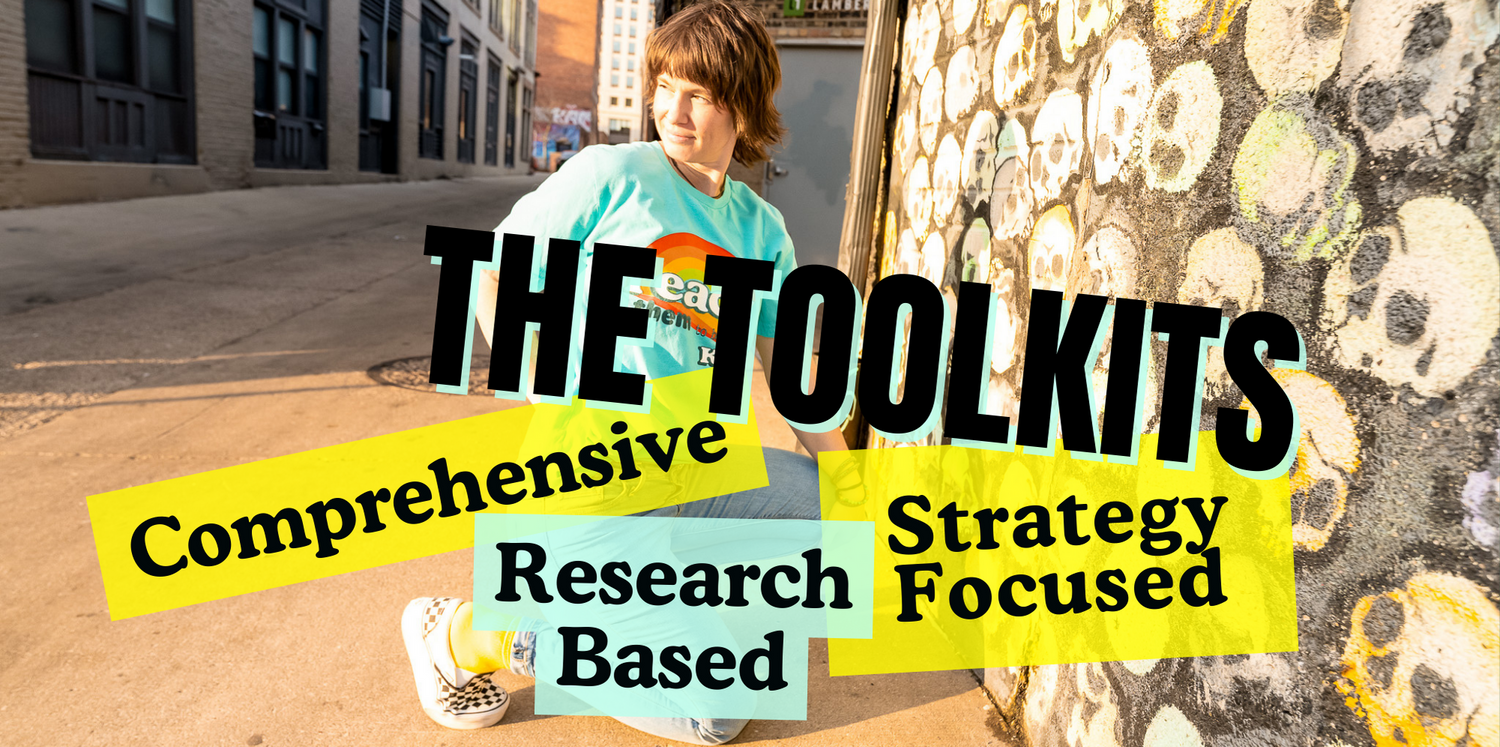When I started coaching with Brittany three months ago, I had a good idea of the areas I wanted to improve in my practice as an educator, but I had little idea of what the first step should be. Amidst all the challenges early educators face—classroom management, planning, organization, and keeping up with rapidly changing best practices—I often felt anxious, overwhelmed, and stuck in survival mode.
Coaching with Brittany helped me identify and prioritize the necessary action steps, make significant improvements to my organizational system, and find the right resources when I felt out of answers on how to best support a student in the classroom. As a result, my anxiety has decreased significantly, my enjoyment of each day with my students has increased, and my confidence as an educator has grown.
Thank you, Brittany, for your support, direction, and for sharing your expertise!
Firstly I want to apologize for being delayed a year on my review. ☠️. I don't have ADHD but I do have cptsd and that also comes with executive functioning deficits 🤪😂🤷.
I'm a special education teacher and unfortunately education for us is really subpar considering we're working with the highest needs students.
This might all be stuff that the psychologist at my school knows but I did not... And I'm the one writing the IEPs, adding in accommodations, and actually working with the students.
This resource has been so great for me that I actually am sad I did not get the bundle to start out 🤣🤷💯
There is so much insight here. I would super strongly recommend for general education teachers as well! Curb cuts don't just help people in wheelchairs they also help people with bikes and strollers, the elderly etc.
We love this!!! Thank you so much for taking the time to come back and review this resource
I had a student with diagnosed ADHD who was hardly getting any work done, was constantly off-task, and was interrupting lessons and the learning of others ALL THE TIME. I had a conversation with this particular student using the interview questions provided in the toolkit. After having the conversation, the student did a COMPLETE 180! He's now one of the first to get his work done, he's checking in with me constantly to make sure he's on track, AND he lets me know if something in our classroom environment or anything else is hindering him from being successful. He's making such positive choices for himself and it's been amazing to see! Once his needs were met, he was a completely different kid!



















